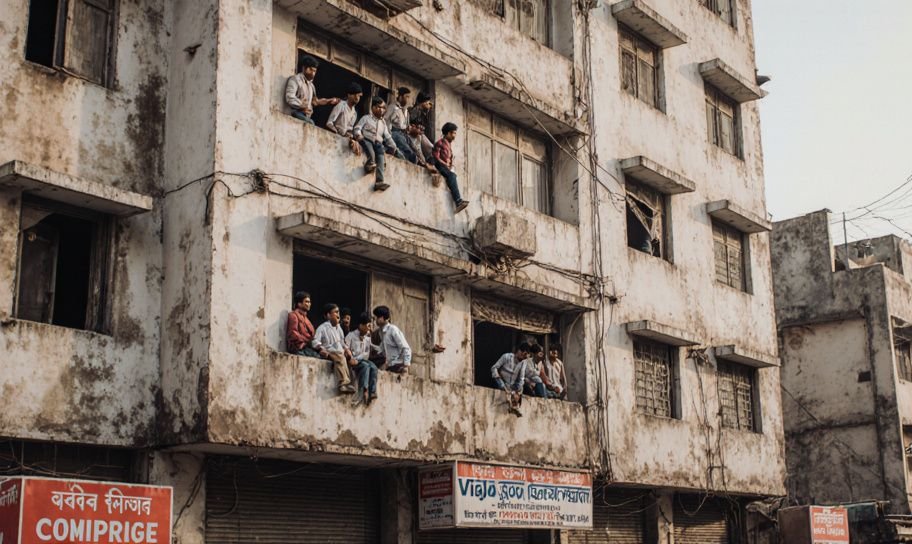
Summary: A court case involving Vijay Jayantilal Patel and Shri Hari Ashram's trustees focuses on who should control a property in Mumbai. The court decided that the trust could continue its case against people they claim are illegally occupying the property without needing approval from the Charity Commissioner.
Vijay Jayantilal Patel asked the court to stop a case by Shri Hari Ashram's trustees. The argument is about a property in Juhu, Mumbai, which was originally rented in 1962 and partly given to the trust in 2012.
The property, rented to a housing society for 999 years, has changed hands several times, creating a split between Dr. Peter and Jayantilal. The trust obtained half of the property in 2012.
The trust claims they are the rightful users of certain floors but says that Patel's sons took over the place without permission in 2021. The trust wants the property back and is asking for compensation and extra profits from the defendants.
Defendant's Position: Vijay Jayantilal Patel argued that the case was not valid because it lacked the Charity Commissioner's approval, referring to rules in the Bombay Public Trusts Act (BPT Act).
Plaintiff's Position: The trust argued their case was valid based on common law rights and previous court decisions that supported them.
Judge Sandeep V. Marne decided in favor of the trust, saying:
"The trustees, as rightful owners, do not need the Charity Commissioner's permission to file a case against those occupying the property illegally."
The court stressed that the BPT Act allows trustees to take action on their own in such situations.
The court also talked about whether it had the right to make a decision and if other parties needed to be involved:
Jurisdiction: The court found that there was no issue with its authority under Section 80 of the BPT Act because the Charity Commissioner can't decide on removing people who are occupying the property illegally.
Involvement of Other Parties: The society was considered not necessary for the case, as the argument was about who should use the property, not who owns it.
The request to stop the case was denied, allowing the trust to continue with its claims.